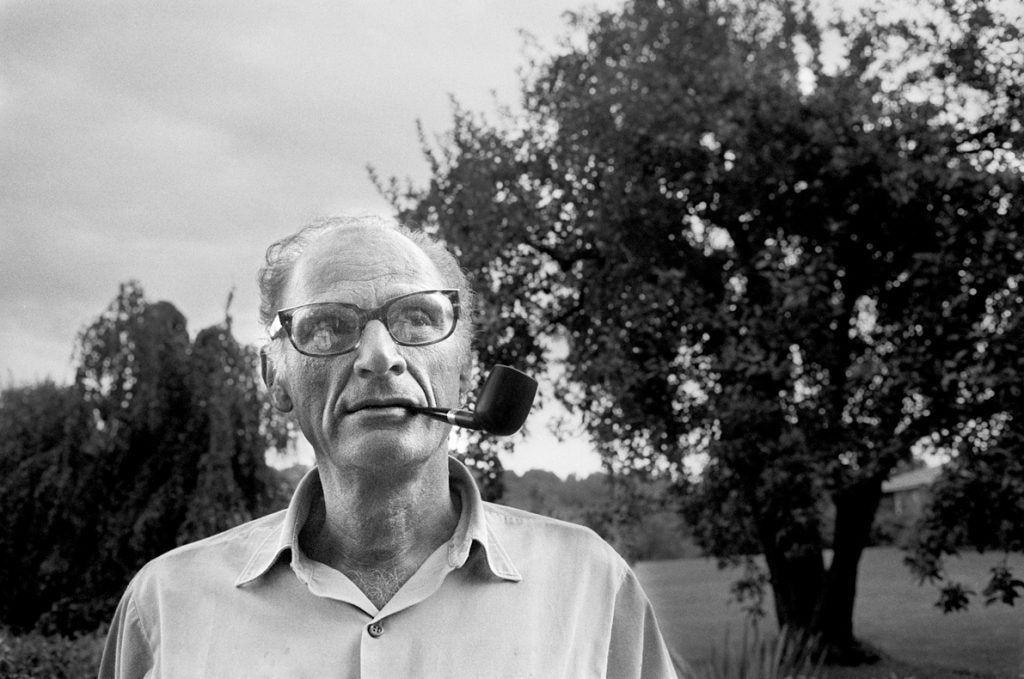“Driving North,” by Matthew Lansburgh
Three years ago, when his mother announced that she was flying to Moscow to adopt a seven-year-old girl, Stewart did his best not to react. His mother had always been the kind of person who made threats, who cajoled and coerced, until she got her way.
“Driving North,” by Matthew Lansburgh Read More »
Three years ago, when his mother announced that she was flying to Moscow to adopt a seven-year-old girl, Stewart did his best not to react. His mother had always been the kind of person who made threats, who cajoled and coerced, until she got her way.








